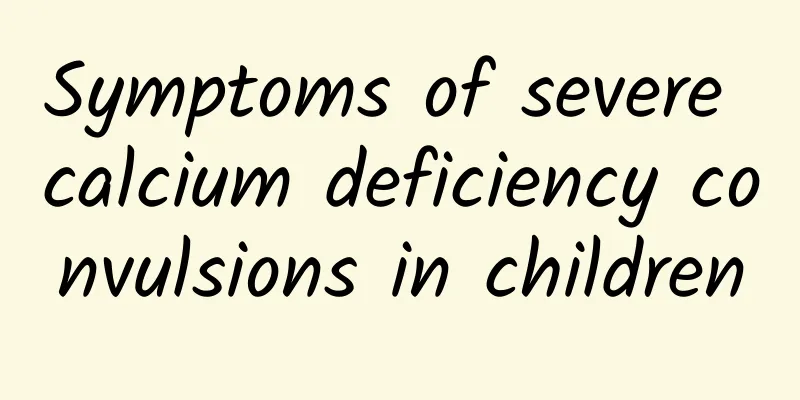Consequences of tooth decay

|
Tooth decay is a relatively common dental disease. The most common cause is neglect of oral hygiene, which eventually leads to tooth decay and tooth decay. The consequences of tooth decay are quite serious. On the one hand, it affects the appearance, and on the other hand, it is harmful to the health of the body. It is difficult for many people to imagine that tooth decay may cause great harm to cardiovascular health, which is also an important cause of heart disease. Why do we get tooth decay? The main culprit of dental caries is bacteria. In recent years, it has been internationally recognized that dental caries is a bacterial disease. There are many types of bacteria that cause dental caries, the most important of which are certain mutans streptococci and lactobacilli. The army of bacteria attacks the hard tissues of the teeth, causing chronic lesions that manifest as demineralization of inorganic matter and decomposition of organic matter. The morphology, structure and position of teeth have a significant relationship with the incidence of dental caries. The pits and fissures on the biting surface of teeth are defects left over from the development process. Cells and food debris are easily retained in deep pits and fissures, and are difficult to remove, which can easily induce tooth decay. Teeth with insufficient mineralization, especially insufficient calcification, have low density of enamel and dentin, low caries resistance, and a high probability of developing caries. Consequences of tooth decay Severe caries can cause the length of the crown of the deciduous teeth to be shortened or to be removed prematurely, causing the adjacent teeth on both sides to shift toward this gap. When the subsequent permanent teeth erupt, they will be positioned abnormally due to insufficient space, resulting in misaligned permanent teeth. If caries in deciduous teeth are not treated in time, it will lead to pulp inflammation and cause severe pain. Apical periodontitis caused by dental caries often becomes the infection focus of the disease. When the body's resistance is reduced due to excessive fatigue, colds, etc., it can induce systemic diseases such as chronic nephritis and sepsis. Due to severe decay or early loss of deciduous teeth, food is not cut or ground sufficiently, resulting in reduced or lost chewing function and weakened gastrointestinal digestion and absorption, which can easily cause malnutrition and affect development, especially for children who grow and develop quickly. It can be seen that tooth decay is still very harmful to us. In daily life, we still need to develop good oral habits, brush our teeth carefully, and protect our teeth to the end. |
<<: What to do if the gums are red
Recommend
What should I pay attention to after the ring is removed?
You cannot have sex right after removing the IUD,...
The efficacy and function of flea rest
When it comes to Chinese medicinal materials, the...
What exactly is the often-mentioned positive constitution?
If the human body constitution is positive and te...
How to treat Meniere's syndrome effectively
The treatment of Meniere's syndrome should be...
How to exercise for kidney deficiency and back pain
Kidney deficiency often leads to low back pain. A...
Baby rash with fever
The situation where a baby still has a fever afte...
Treatments for osteoporosis
In our daily lives, we may notice this phenomenon...
How to treat ankylosing spondylitis in traditional Chinese medicine
Everyone should be relatively unfamiliar with the...
What are the recipes for hangover tea?
Drinking seems to be a common occurrence for boys...
What should I do if my child has internal heat and fever?
Children's physical health is very easily dama...
How to treat gynecological diseases caused by damp heat?
Damp-heat belongs to the category of traditional ...
What causes synovitis? Here are the reasons
The causes of synovitis are different, and there ...
Kidney Yin Deficiency Soaking Wine
Kidney Yin deficiency is a relatively common cond...
How to prevent H7N9
H7N9 is a typical subtype of avian influenza. Thi...
What should I do if my period bleeds a lot?
Excessive blood loss during menstruation is mostl...









